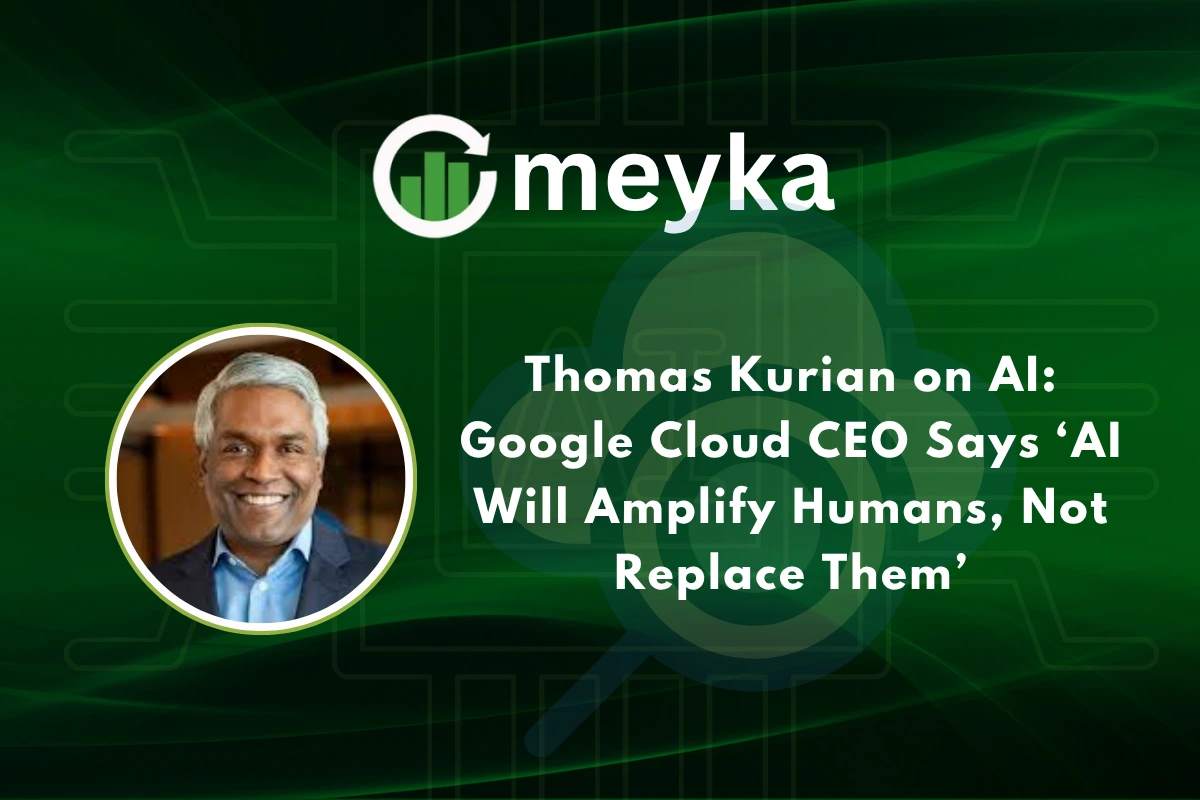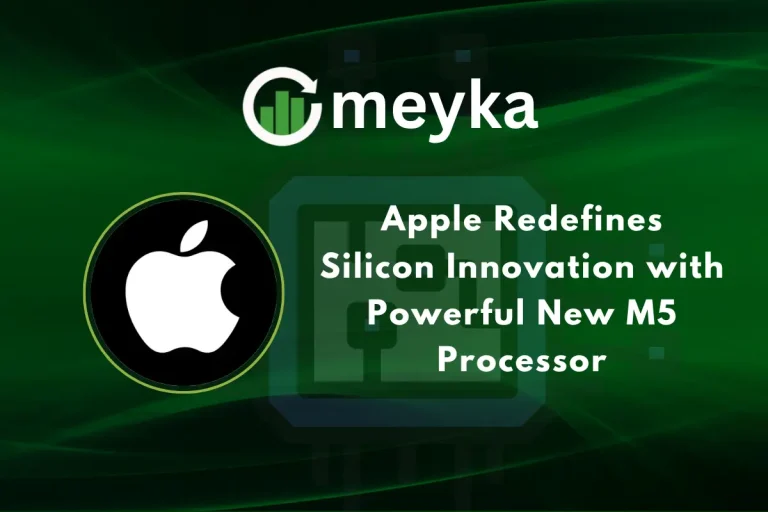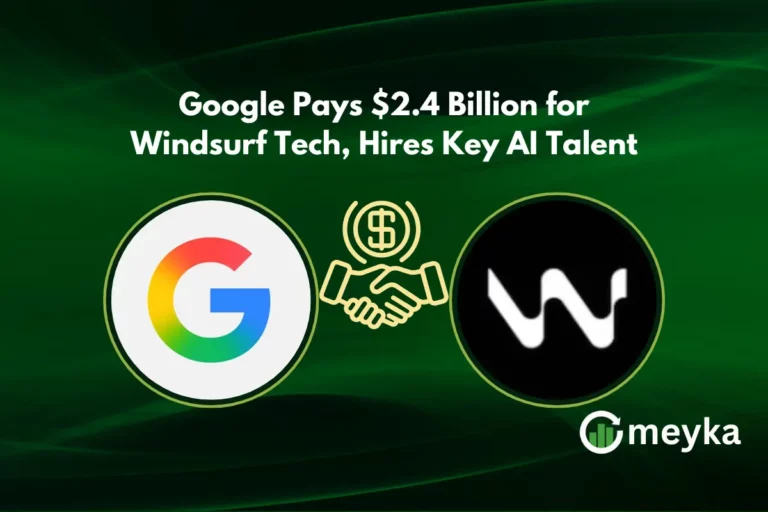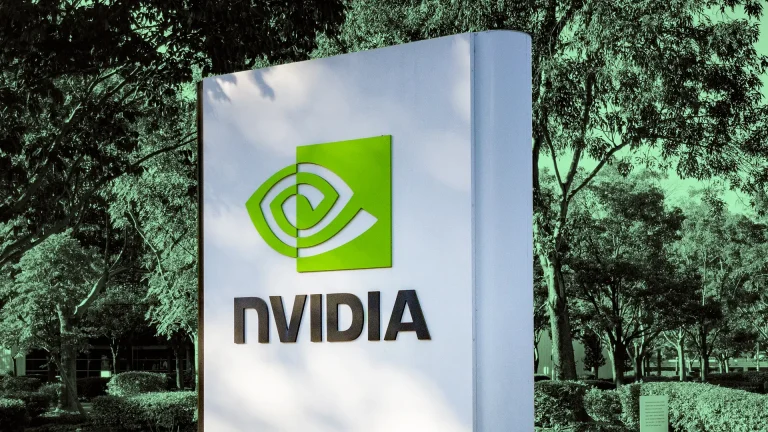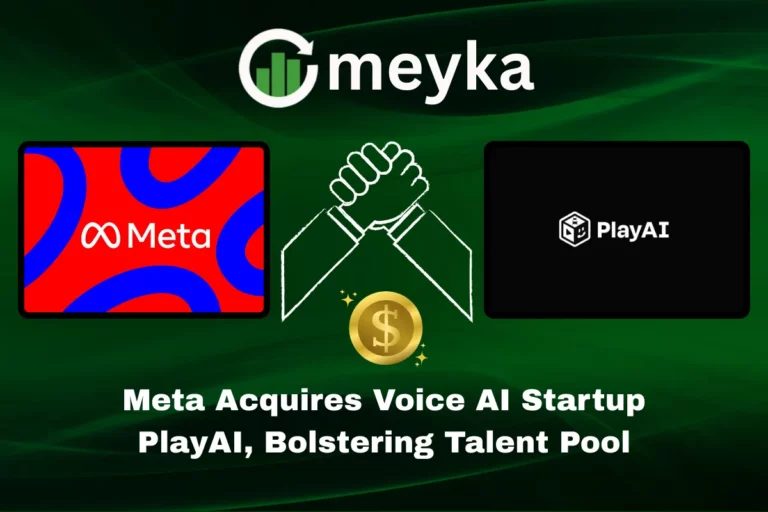Thomas Kurian on AI: Google Cloud CEO Says ‘AI Will Amplify Humans, Not Replace Them’
Artificial intelligence is changing how we work, learn, and build businesses. Many people worry that machines will take over their jobs. But Google Cloud CEO Thomas Kurian shares a very different vision. On September 18, 2024, during a public discussion on AI innovation, he stated that “AI will amplify humans, not replace them.” His message challenges the fear-based narrative around automation. He believes AI should be a powerful assistant that boosts human talent, not a competitor that removes it.
This view matters because AI is now used in hospitals, schools, banks, and even creative industries. Companies are adopting AI faster than ever. Instead of cutting jobs, many are using AI to remove repetitive work so people can focus on strategy and innovation. Kurian’s approach shows how technology and humans can grow together.
Let’s explore his vision, real-world examples, and Google Cloud’s role in shaping responsible AI. We also look at how upskilling, ethics, and human creativity will define the future of work in the AI era.
Thomas Kurian’s Vision of AI
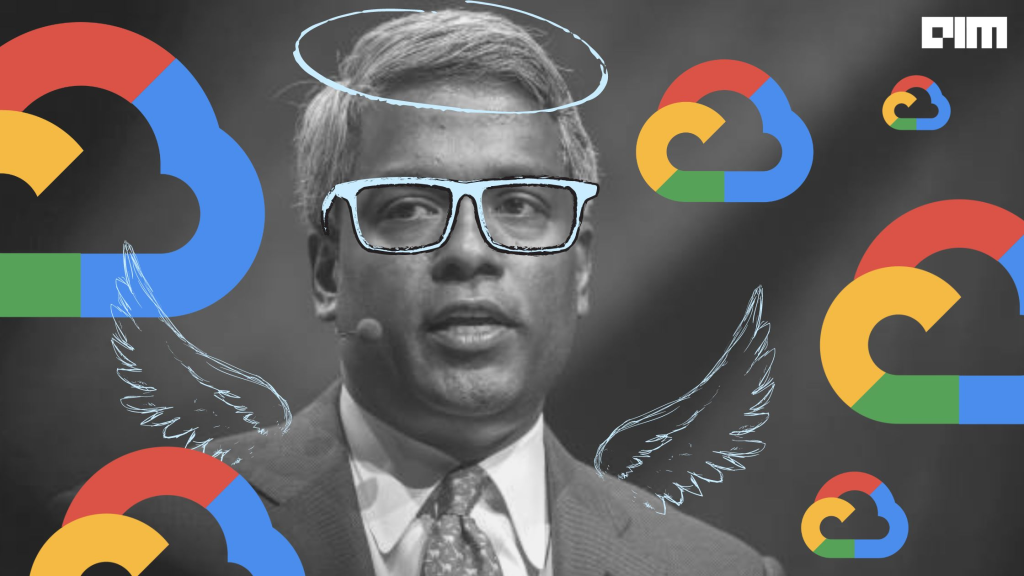
Thomas Kurian sees AI as a tool that raises human ability. He says AI helps people do more work with less drudgery. In an October 2025 interview, Kurian argued that AI will amplify human skills rather than replace jobs. His message echoes a broader shift among cloud leaders toward AI that augments staff and expands capacity.
The Shift from Automation to Augmentation

The old fear was job loss from automation. The new reality is more nuanced. AI now handles routine tasks and repetitive work. Humans keep the judgment, context, and ethics. In many companies, AI frees teams to focus on design, strategy, and complex problem-solving. This change is visible across fields from coding to customer service.
AI in Google Cloud’s Strategy
Google Cloud has pushed a full-stack approach to enterprise AI. The company pairs core models with cloud infrastructure. Products such as Vertex AI and the new Gemini Enterprise give businesses tools and agents for real work. Kurian frames these as enterprise-first offerings built for scale, security, and choice. The stack aims to let firms run models, connect to data, and deploy agents inside their systems.
Real-World Use Cases Showing Human – AI Collaboration
Companies use Google Cloud AI to speed tasks and improve accuracy. Legal teams use AI agents to draft contracts and flag risk. Finance teams cut accounting time with automation. Healthcare groups use AI to make clinical data easier to search and to support clinician decisions. These tools reduce time on repetitive work. They let people focus on judgment and patient care.
Upskilling and the Future of Work
Kurian stresses training and skills. Google Cloud has expanded courses and role-based paths for AI roles in 2025. The Skills Boost and certification programs aim to prepare engineers, architects, and data workers. Businesses that adopt AI must also invest in learning. New training helps workers move into higher-value tasks.
Ethical and Responsible AI
Kurian emphasizes trust, privacy, and fairness. Google Cloud presents governance tools and frameworks for safe use. Enterprises are urged to add human review and guardrails. The point is simple: human oversight matters. Without it, models can make biased or unsafe choices. Responsible use builds customer trust and speeds adoption.
Competitive Landscape
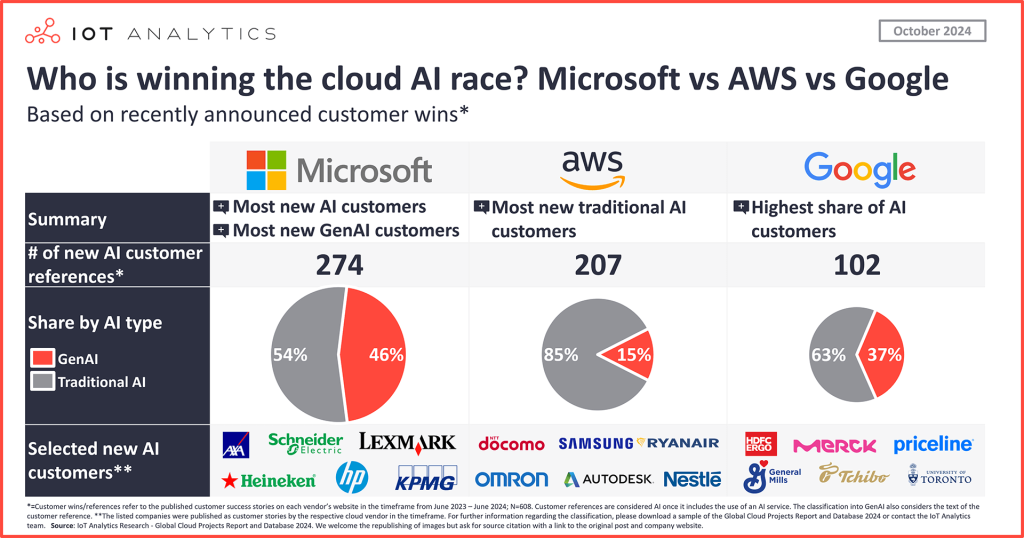
Google competes with Microsoft, Amazon, and specialist model makers. Its edge is deep research, cloud scale, and product integration. Gemini models and Vertex AI are targeted at enterprise needs rather than only consumer apps. This gives Google a distinct route to win large business deals. Still, choice and multi-cloud deployments remain core customer asks.
Challenges and Concerns Ahead
There are real hurdles. Regulation is still emergent in many regions. Data protection and model security are constant challenges. Firms must manage change so staff are included, not sidelined. Public fear about job loss remains a political issue. Companies must show clear wins and protect worker livelihoods. These steps calm fear and make adoption sustainable.
Investor and Market View
Investors watch these moves closely. Enterprise AI success can shift revenue mix and margins for cloud firms. Analysts use specialized tools, such as an AI stock research analysis tool, to weigh product traction, deal flow, and customer wins. Market reaction often follows big product launches and enterprise adoption stories.
Thomas Kurian’s Core Message
Kurian’s message is steady. AI should expand what people can do. Technology must be paired with training and governance. When that happens, AI acts as an amplifier. It raises productivity and creates new roles. That balance is key for business leaders and policymakers as they steer AI into the workplace.
Conclusion
AI is already changing work in small and large ways. Google Cloud aims to give firms practical tools. Kurian calls for skill-building and careful governance. The debate will continue. Yet the practical evidence from enterprise pilots and customer stories points toward augmentation over replacement. That outcome depends on policy, training, and how companies build AI into daily work.
Frequently Asked Questions (FAQs)
AI may change many jobs, but it will not remove all human roles. People will still guide decisions and handle creative work. Change depends on skills and training.
As of October 2025, Google Cloud offers AI tools that speed up tasks, improve data analysis, and support customer service. These tools help businesses work faster and make smarter choices.
Disclaimer: The above information is based on current market data, which is subject to change, and does not constitute financial advice. Always do your research.
